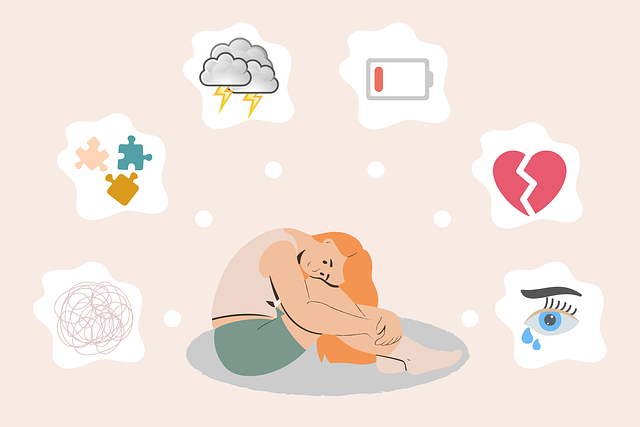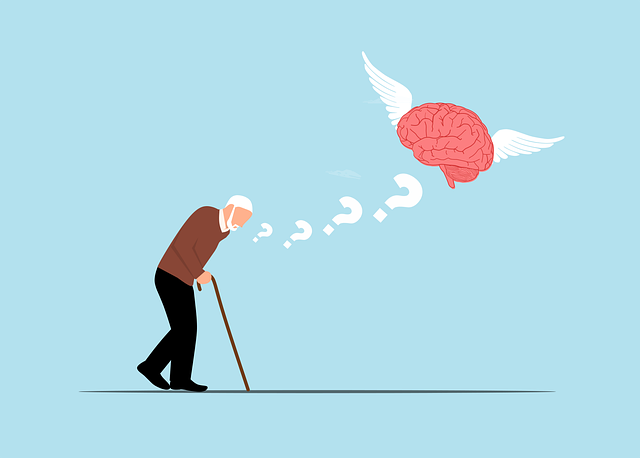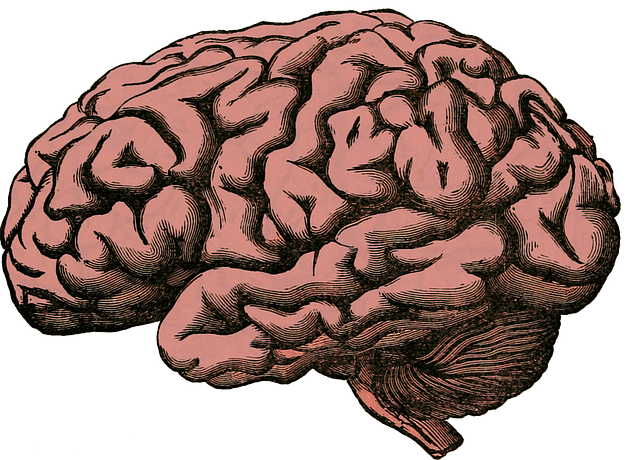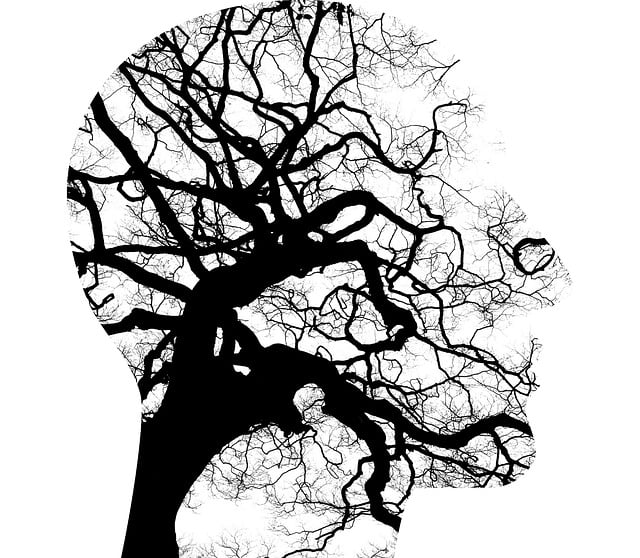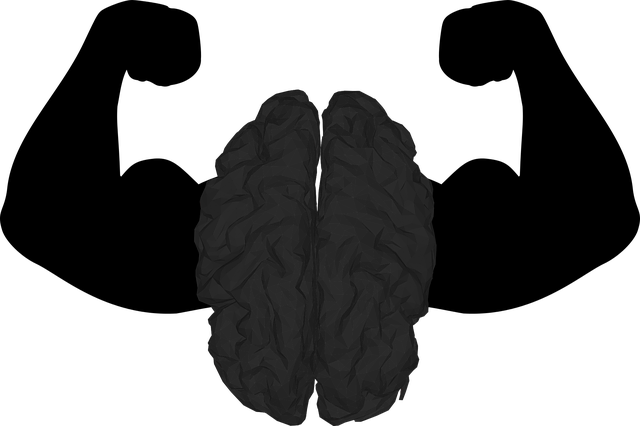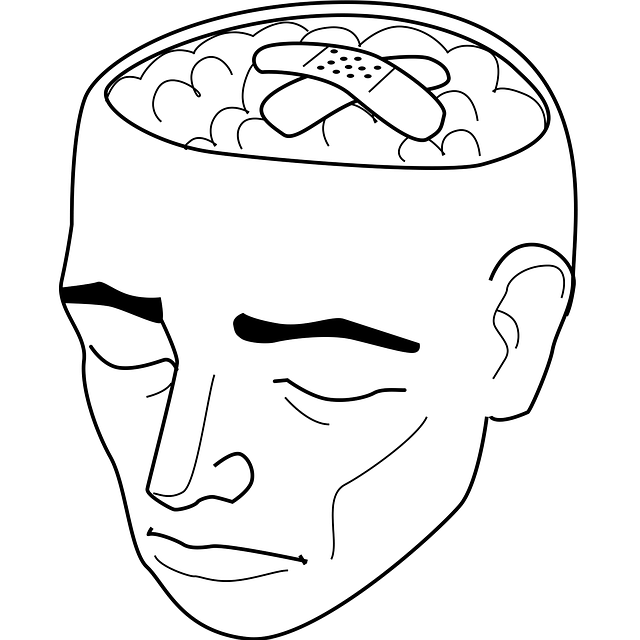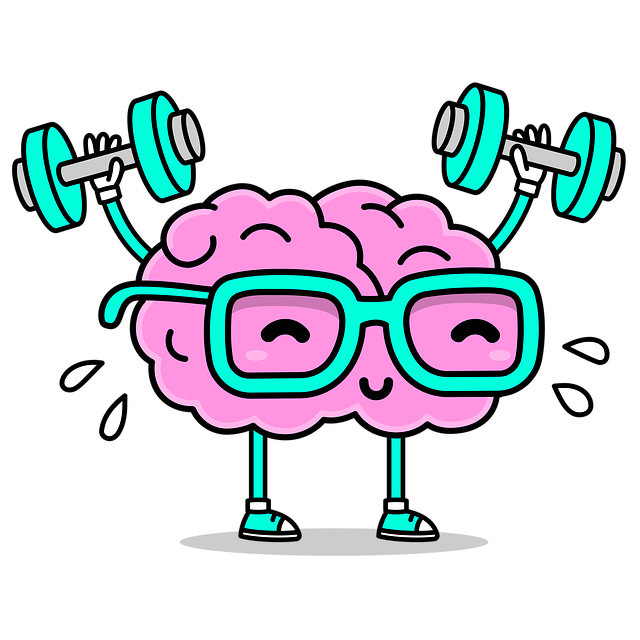Emotional Intelligence (EI), developed through Denver mental health evaluations and tailored therapy, is a powerful tool for navigating life's complexities. It enhances relationships, communication, and coping skills, especially crucial in high-stress fields like healthcare to prevent burnout. These evaluations provide a strategic plan for personal growth, reduce mental illness stigma, and empower individuals with emotional regulation strategies. Therapy programs integrate CBT, mindfulness, and resilience building, leading to better decision-making, stronger connections, and improved well-being. For healthcare professionals, EI is vital for crisis de-escalation, empathetic support, and culturally sensitive care, fostering a healthier work-life balance.
Emotional intelligence (EQ) is a powerful tool for personal growth and successful relationships. Understanding EQ involves unlocking its potential, which can be enhanced through various means. This article explores key components of emotional intelligence development, including the role of Denver mental health evaluations in therapy techniques that foster self-awareness and empathy. We also provide practical strategies to integrate emotional intelligence into daily life, leveraging Denver mental health evaluations and therapy for a holistic approach to EQ building.
- Understanding Emotional Intelligence: Unlocking Its Potential
- The Role of Denver Mental Health Evaluations in EQ Development
- Therapy Techniques for Enhancing Self-Awareness and Empathy
- Practical Strategies to Integrate Emotional Intelligence into Daily Life
Understanding Emotional Intelligence: Unlocking Its Potential

Emotional intelligence (EI) is a powerful tool that enables individuals to navigate life’s complexities with greater ease and resilience. Understanding EI involves recognizing and managing one’s own emotions, as well as accurately perceiving and responding to the emotions of others. This ability goes beyond mere empathy; it fosters strong interpersonal connections, effective communication, and robust coping skills development. For individuals seeking growth, Denver mental health evaluations and therapy can play a pivotal role in unlocking their EI potential by providing a safe space for self-reflection, identifying emotional patterns, and acquiring tailored strategies for personal transformation.
In the demanding fields of healthcare, where burnout prevention strategies for healthcare providers are essential, cultivating EI emerges as a game-changer. By integrating effective self-care practices alongside robust coping skills development, professionals can enhance their ability to connect with patients, manage stress, and maintain well-being. This, in turn, leads to improved patient outcomes and a more fulfilling professional journey.
The Role of Denver Mental Health Evaluations in EQ Development

Denver mental health evaluations play a pivotal role in fostering emotional intelligence (EQ) development. These comprehensive assessments provide individuals with insights into their emotional strengths and weaknesses, offering a roadmap for personal growth. By identifying areas that require improvement, such as managing stress or understanding interpersonal relationships, individuals can seek tailored therapy and coaching programs designed to enhance mental wellness. This proactive approach not only aids in overcoming challenges but also contributes to significant mental illness stigma reduction efforts by promoting understanding and self-awareness.
Moreover, Denver mental health evaluations facilitate the development of emotional regulation strategies, empowering people to navigate life’s complexities with greater resilience. Through professional guidance, individuals learn to recognize and manage their emotions effectively, leading to improved decision-making abilities and enhanced relationships. Integrating these evaluative tools into personal growth journeys ensures that mental wellness coaching programs are both effective and efficient, ultimately fostering a more balanced and fulfilling life.
Therapy Techniques for Enhancing Self-Awareness and Empathy

Emotional intelligence building often involves utilizing therapy techniques that foster self-awareness and empathy. Denver mental health evaluations therapy programs are designed to help individuals gain a deeper understanding of their emotions and those of others, a cornerstone of emotional intelligence. Through various therapeutic approaches, such as cognitive behavioral therapy (CBT) or mindfulness practices, individuals can enhance their ability to recognize and regulate their feelings, leading to improved decision-making and stronger relationships.
Resilience building is another key aspect of these programs. Mental health education programs design strategies that teach individuals how to cope with stress, adversity, and emotional challenges. By integrating self-care routine development for better mental health, therapy sessions empower clients to prioritize their well-being. This holistic approach not only enhances emotional intelligence but also promotes overall mental health and a more fulfilling life.
Practical Strategies to Integrate Emotional Intelligence into Daily Life

Integrating emotional intelligence into daily life involves conscious practices that can significantly enhance relationships and overall well-being. Start by cultivating self-awareness—take moments for introspection, reflect on emotions, and recognize triggers. This foundation enables better understanding of your feelings and those around you. Practice active listening during conversations to build stronger connections and foster empathy. Additionally, engage in regular mindfulness exercises like meditation or deep breathing to calm the mind and improve emotional regulation.
For healthcare providers, incorporating these strategies is crucial, especially when considering burnout prevention. In situations requiring crisis intervention guidance, emotional intelligence allows for more effective de-escalation techniques and empathetic support. Moreover, cultural sensitivity in mental healthcare practice benefits from EQ, ensuring tailored care that respects diverse backgrounds and experiences. Regular Denver mental health evaluations therapy sessions can also aid professionals in managing stress and maintaining a healthy work-life balance.
Emotional intelligence, a powerful tool for personal growth, can be nurtured and developed through various means. By understanding its fundamental aspects, utilizing effective therapy techniques like those offered by Denver mental health evaluations, and adopting practical strategies in daily life, individuals can enhance their self-awareness and empathy. These steps are crucial in fostering healthier relationships, making better decisions, and achieving greater satisfaction in both personal and professional spheres.
